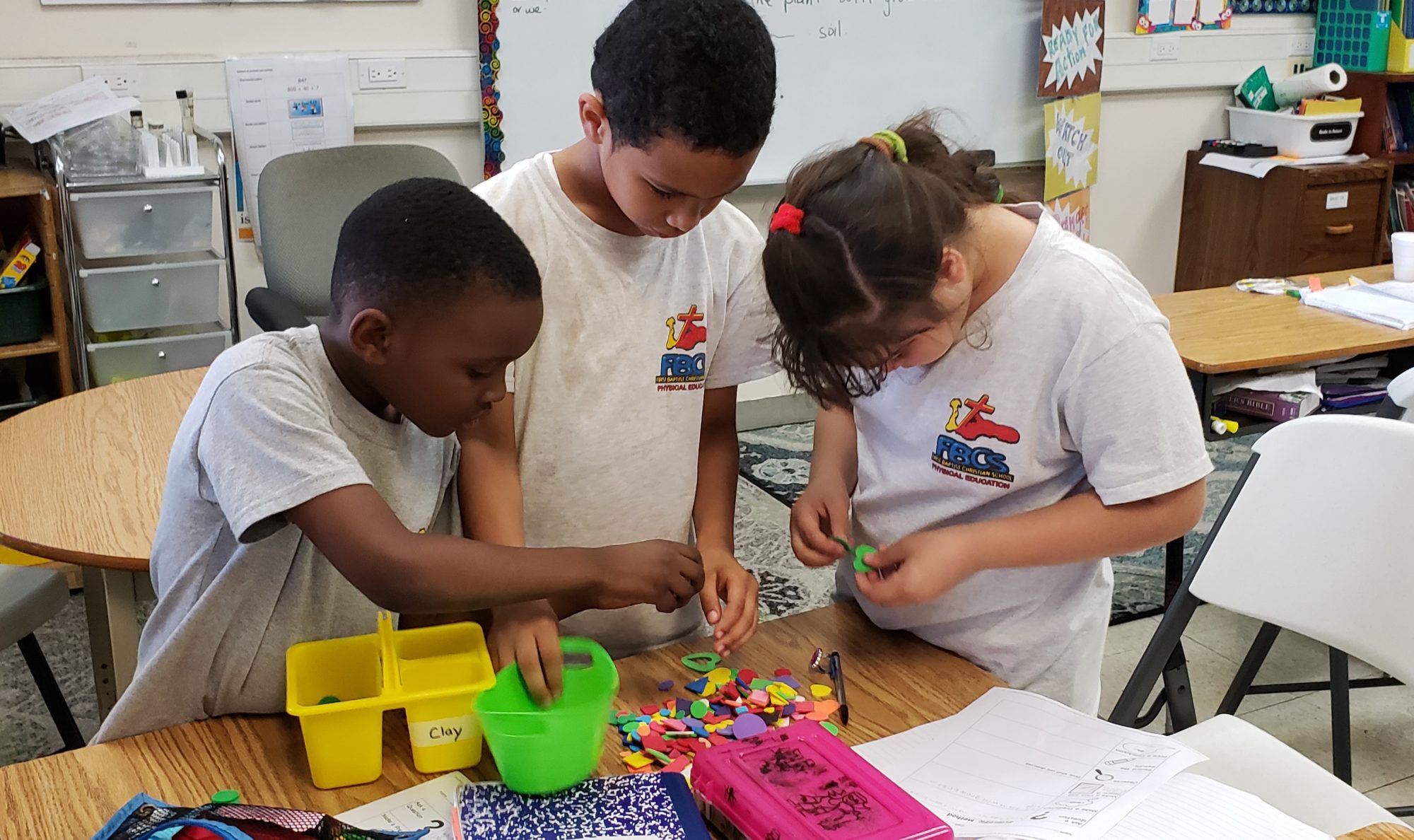Hello Parents,
Please see what happened during the week.
| SUBJECT | DESCRIPTION | PARENT TIP |
| MATH | -Assessment on Unit 1
-Measure to the nearest inch and half inch -Estimate and measure customary units of length |
Pick some objects around the house and ask your child what unit of measurement(inch, feet, yard or mile) they will use to measure the length. |
| READING | -More work on identifying fact and fiction.
-Comprehension strategies using questioning. -Identifying the main idea and supporting details from a paragraph. |
After reading with your child get them to come with questions that they could ask about the passage. Use who, why what, where, how, and explain type questions. |
| GRAMMAR | Review on Unit 1.
Assessment on Unit 1. |
|
| SCIENCE | Explain the relationship between animals and plants through a food chain.
What is an Ecosystem. Parts of an Ecosystem. |
Ask child explain the meaning of the terms:- producer, consumer, herbivore, carnivore, omnivore, predator, prey, habitat, community and population. |
| SOCIAL STUDIES | Students did oral presentations on their traditional Caymanian houses. | |
| BIBLE | The role that John the Baptist played in the baptism of Jesus. | Ask child to describe what John might have looked like, what he ate and what he said about Jesus.
What was unusual about Jesus’s baptism? |
| ART | Missed due to Spelling Bee |



















































